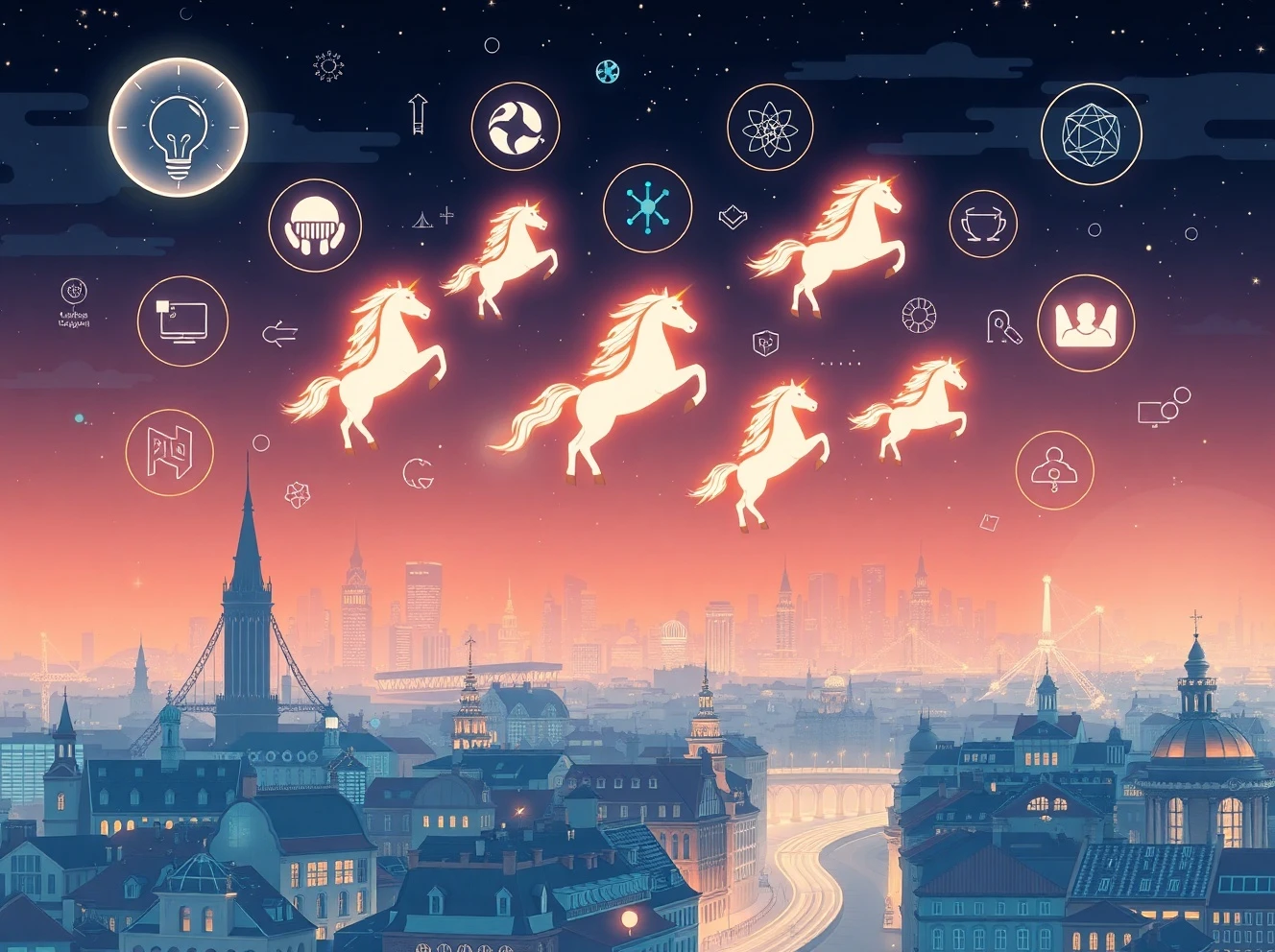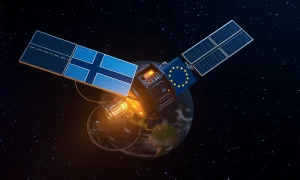Europe’s startup ecosystem is experiencing an unprecedented surge, with more than 10 companies achieving unicorn status in just the first half of 2025. This remarkable growth demonstrates the continent’s thriving innovation landscape and investor confidence in cutting-edge technologies.
European Unicorns Lead Global Innovation
The European startup scene has defied economic uncertainties by producing an impressive roster of new unicorns. These companies represent diverse sectors including artificial intelligence, quantum computing, and biotechnology. Consequently, investors continue showing strong appetite for innovative European ventures.
Quantum Computing Breakthroughs
Finnish quantum computing pioneer IQM achieved unicorn status through a massive $300 million Series B round. The company’s 54-qubit chips already power computing centers worldwide. Moreover, IQM plans to deploy advanced 150-qubit systems soon.
AI Dominates Funding Landscape
Artificial intelligence startups captured significant investor attention throughout 2025. Swedish AI company Lovable reached $1.8 billion valuation仅仅 eight months after launch. Similarly, German conversational AI platform Parloa secured $120 million in Series C funding.
Biotech and Healthcare Innovations
The healthcare sector produced several notable European unicorns. London-based Verdiva Bio raised $410 million for its GLP-1 drug development. Meanwhile, Neko Health attracted $260 million for preventive health scanning technology.
Defense and Dual-Use Technologies
European defense tech startups gained substantial traction. German space company Isar Aerospace and Portuguese drone manufacturer Tekever both achieved billion-dollar valuations. These successes highlight growing investor interest in security technologies.
Sustainable Energy Solutions
British renewable energy startup Fuse Energy joined the unicorn club after founding in 2022. The company’s rapid growth demonstrates increasing focus on sustainable technology investments across Europe.
Future Outlook for European Startups
The concentration of European unicorns in deep tech sectors suggests strong future growth potential. Investors particularly favor companies combining AI with other transformative technologies. This trend will likely continue throughout 2025.
Frequently Asked Questions
How many European startups became unicorns in 2025?
Twelve European startups achieved unicorn status during the first half of 2025, representing diverse technology sectors including AI, quantum computing, and biotechnology.
Which countries produced the most unicorns?
Germany and the United Kingdom led with multiple unicorns, followed by Sweden, Finland, France, Portugal, and Ireland, demonstrating widespread innovation across Europe.
What sectors attracted the most funding?
Artificial intelligence dominated funding rounds, followed by quantum computing, biotechnology, defense technology, and renewable energy solutions.
How does 2025 compare to previous years?
2025 shows stronger performance than 2023-2024, though still below 2021’s peak. The quality and technological sophistication of unicorns has significantly improved.
What trends are driving unicorn growth?
Advancements in AI integration, increased defense tech spending, and growing climate tech investments are primary drivers behind Europe’s unicorn surge.
Are these valuations sustainable?
Most new unicorns demonstrate strong revenue growth and technological differentiation, suggesting their valuations reflect genuine market potential rather than speculation.








